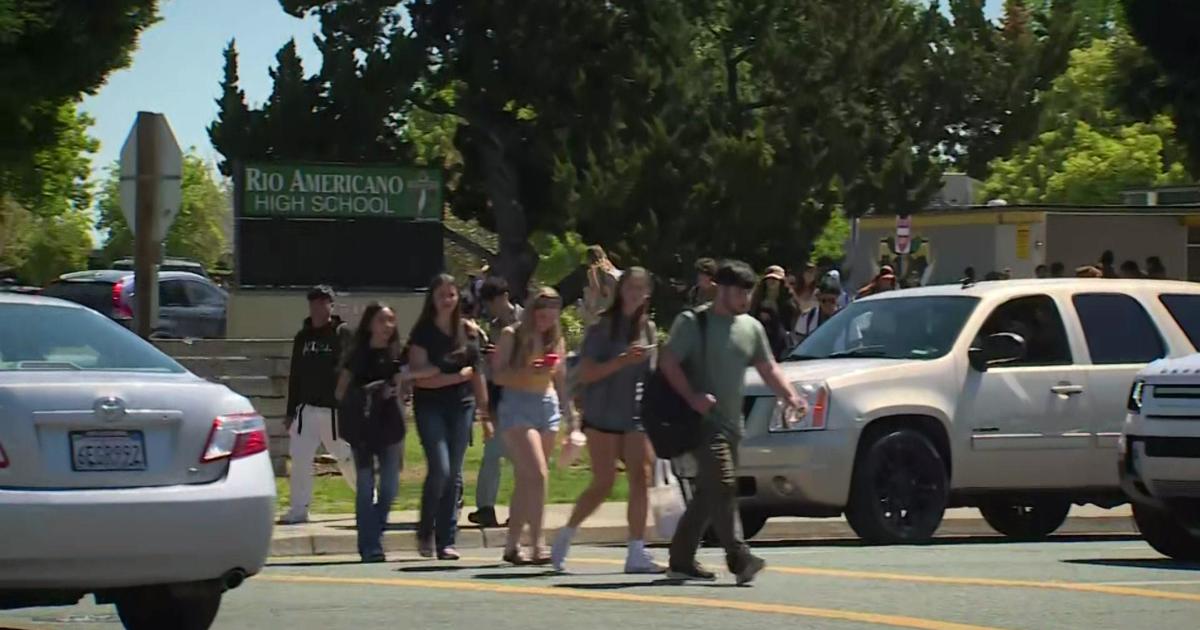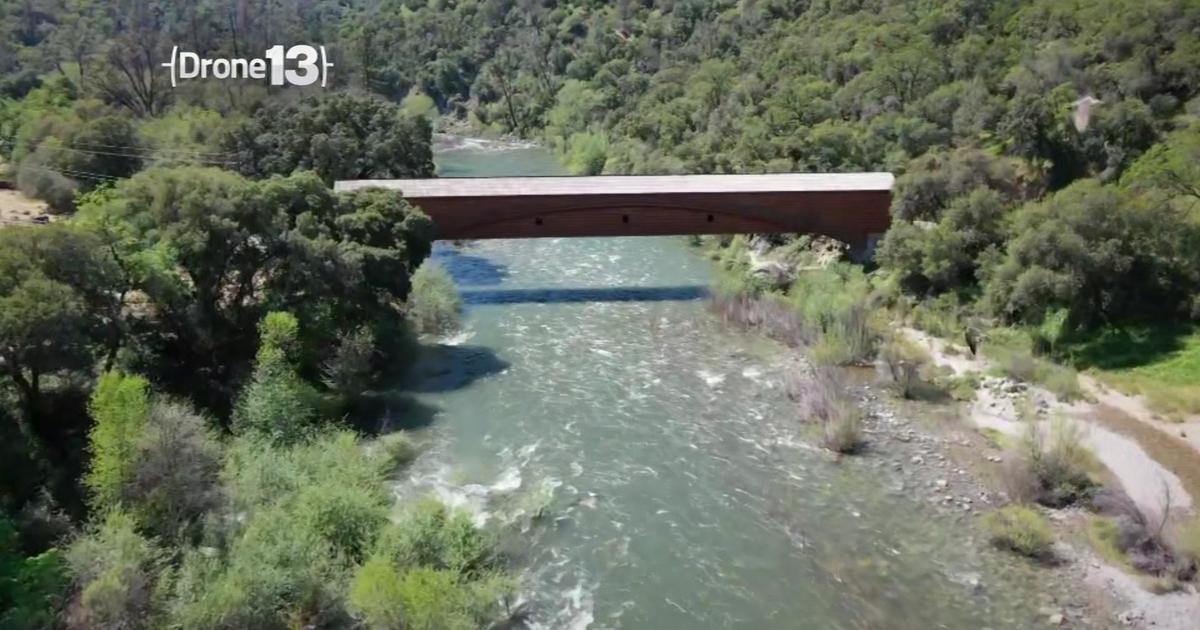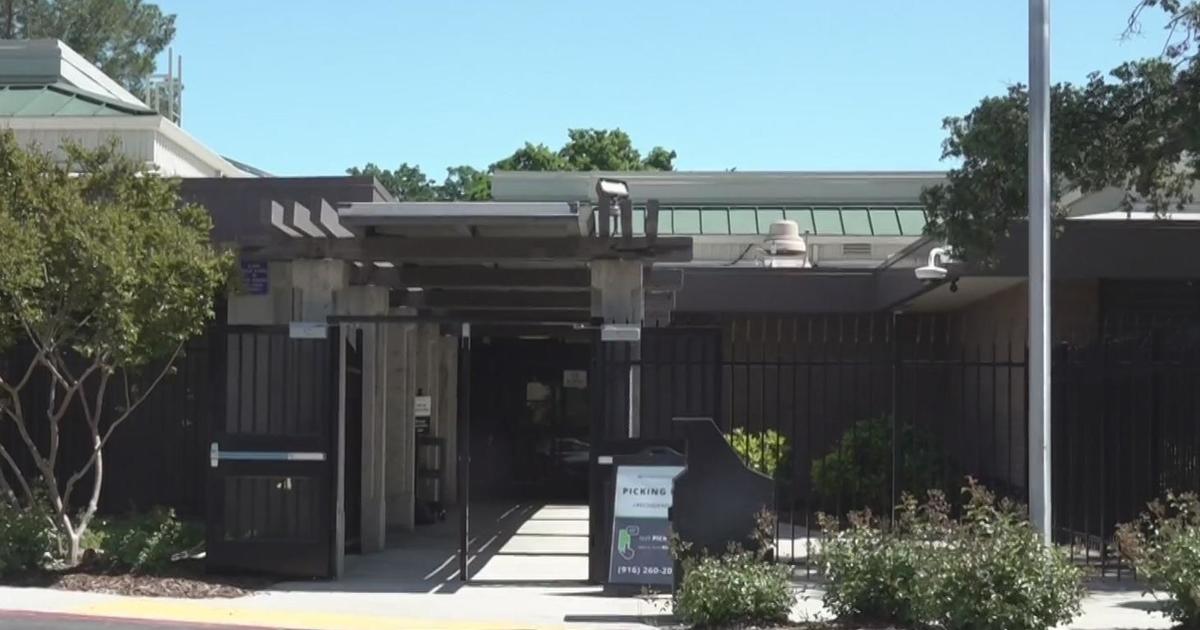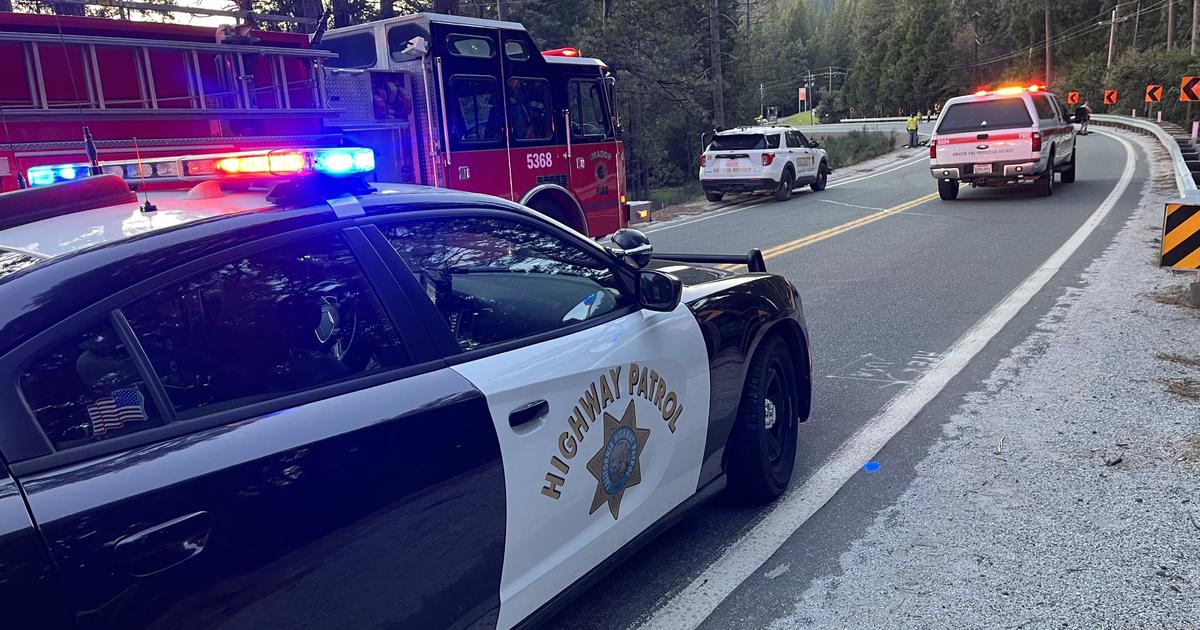Courts Will Treat Asiana Passengers Differently
SAN FRANCISCO (AP) — When the courts have to figure compensation for people aboard Asiana Airlines Flight 214, the potential payouts will probably be vastly different for Americans and passengers from other countries, even if they were seated side by side as the jetliner crash-landed.
An international treaty governs compensation to passengers harmed by international air travel — from damaged luggage to crippling injuries and death. The pact is likely to close U.S. courts to many foreigners and force them to pursue their claims in Asia and elsewhere, where lawsuits are rarer, harder to win and offer smaller payouts.
Some passengers have already contacted lawyers.
"If you are a U.S. citizen, there will be no problem getting into U.S. courts. The other people are going to have a fight on their hands," said Northern California attorney Frank Pitre, who represents two Americans who were aboard the plane.
Federal law bars lawyers from soliciting victims of air disasters for the first 45 days after the crash. Pitre said his clients called him.
Congress enacted that law in 1996 amid public anger over lawyers who solicited clients in the days immediately following the ValuJet Flight 592 crash in the Florida Everglades and the crash of TWA Flight 800 off the New York coast.
National Transportation Safety Board attorney Benjamin Allen reminded attorneys of the rules in a mass email sent Thursday.
"We are closely monitoring the activities of attorneys following this accident, and will immediately notify state bar ethics officials and other appropriate authorities if impermissible activity is suspected," the message said.
The flight that broke apart recently at the San Francisco airport was carrying 141 Chinese, 77 South Koreans, 64 Americans, three Canadians, three Indians, one Japanese, one Vietnamese and one person from France when it approached the runway too low and too slow. The Boeing 777 hit a seawall before skittering across the tarmac and catching fire.
Three girls from China were killed and 182 people injured, most not seriously.
Two girls, Ye Mengyuan and Wang Linjia, both 16, died right away. It is unclear, however, whether Ye Mengyuan died in the crash or in the chaotic aftermath. Both girls' parents appeared at a vigil Saturday near the airport, and thanked, through a translator, the more than 100 people in attendance for their support, KGO-TV reported. The other victim killed, 15-year-old Liu Yipeng, died Friday at a hospital where she had been in critical condition since the July 6 crash.
The dozens who were seriously injured — especially the few who were paralyzed — can expect to win multimillion-dollar legal settlements, as long as their claims are filed in U.S. courts, legal experts said.
Northern California attorney Mike Danko, who is consulting with several lawyers from Asia about the disaster, said any passenger who was left a quadriplegic can expect settlements close to $10 million if the case is filed in the United States. Deaths of children, meanwhile, may fetch in the neighborhood of $5 million to $10 million depending on the circumstances in U.S. courts.
In other countries, he explained, the same claims could be worth far less.
In 2001, a South Korean court ordered Korean Air Lines to pay a total of $510,000 to a woman whose daughter, son-in-law and three grandsons were killed in a 1997 crash in the U.S. territory of Guam that killed 228 people.
Broken bones in plane accidents usually mean $1 million settlements in the United States and in the low five-figure range overseas, Danko said.
In 2011, the Federal Aviation Administration put the value of a human life at $6 million when it was contemplating the cost-benefit of a new "cockpit resource management" regulation. But again, Danko said, that estimate applies only in U.S. courts. Foreign courts can be expected to pay far smaller settlements.
In all, the South Korean government agency that regulates that country's insurance industry expects Asiana's insurers to pay out about $175.5 million total — $131 million to replace the plane and another $44.5 million to passengers and the city of San Francisco for damage to the airport. Suh Chang-suk, an official at Financial Supervisory Service, declined to discuss how the watchdog agency calculated its estimate.
The international treaty is commonly referred to as the Montreal Convention because of the Canadian city where it was drafted. It offers international passengers five options for where to seek compensation: where they live, their final destination, where the ticket was issued, where the air carrier is based and the air carrier's principal place of business.
Foreign passengers who had roundtrip tickets to final destinations beyond the U.S. face stiff legal challenges to pursue their claims against the airline in the United States, where courts are more receptive to lawsuits and the payouts larger than in the courts of most other nations.
Asiana can also invoke the America legal doctrine of "forum non conveniens" to argue that it's much more convenient for it to litigate the Asian victims' cases in Asia because all parties are based there.
South Korean attorney Suh Dong Hee represented some of the victims of the 1997 Korean Air Lines crash. He said family members of the victims who pursued their case in the United States settled for as much as 100 times more than those who sued in South Korea.
Brian Havel, director of DePaul University's International Aviation Law Institute, said the convention does require the airlines to make immediate "down payments" to victims to help with medical expenses, travel costs and other inconveniences caused by the crash.
"Everyone will get something," Havel said. "But who receives what does largely depend on where they qualify under the convention."
However, Pitre and others say, the foreign passengers are still able to sue others who may have contributed to the accident, such as the plane's manufacturer, airport personnel and even, perhaps, the first responders.
Pitre said he and his clients are investigating whether Boeing Co. shoulders any responsibility for the crash, including potential design flaws in the plane's automated instruments or differences between first-class passengers' seatbelts, which come with a shoulder strap, and the seatbelts in the economy section, which are lap restraints only.
Boeing spokesman Marc Birtel said the company buys seats from other companies and "simply installs them." He also said the seat belt designs and configurations are mandated by the Federal Aviation Administration. Birtel declined to discuss the other issues Pitre raised.
Authorities said Friday that 15-year-old Liu Yipeng was struck by a fire truck, although it's not clear whether that killed her. Some passengers who called 911 immediately after the crash also complained that the emergency response took too long. Those third parties and others are open to lawsuits in the United States.
San Francisco officials said ambulances could not immediately come too close to the plane out of concern the aircraft would explode.
(© Copyright 2013 The Associated Press. All Rights Reserved. This material may not be published, broadcast, rewritten or redistributed.)



